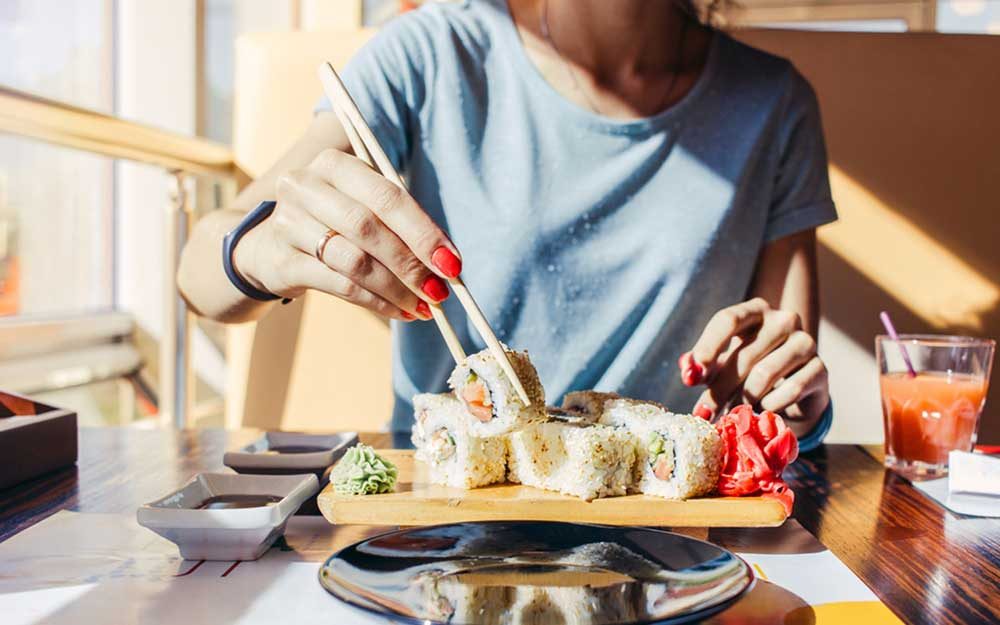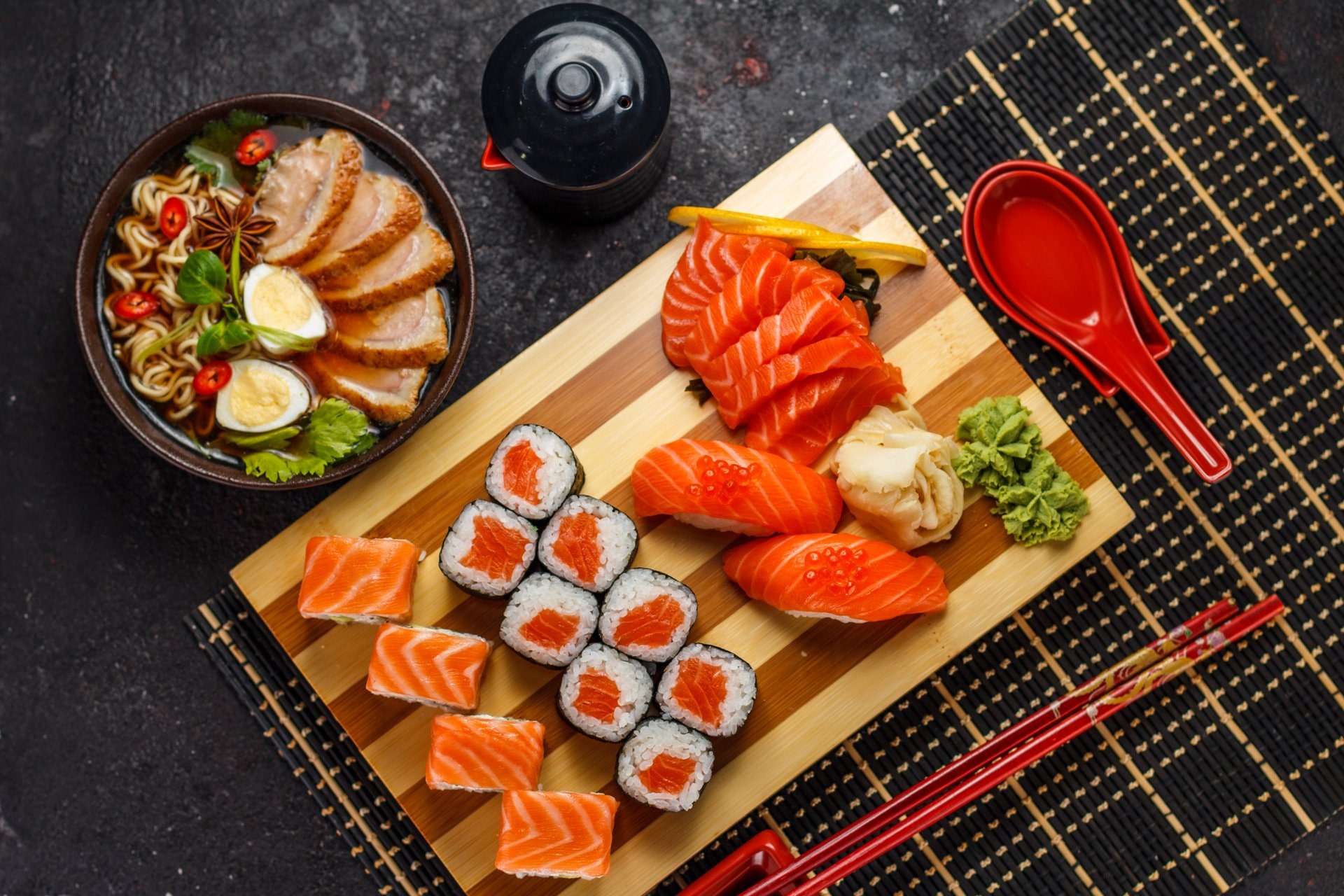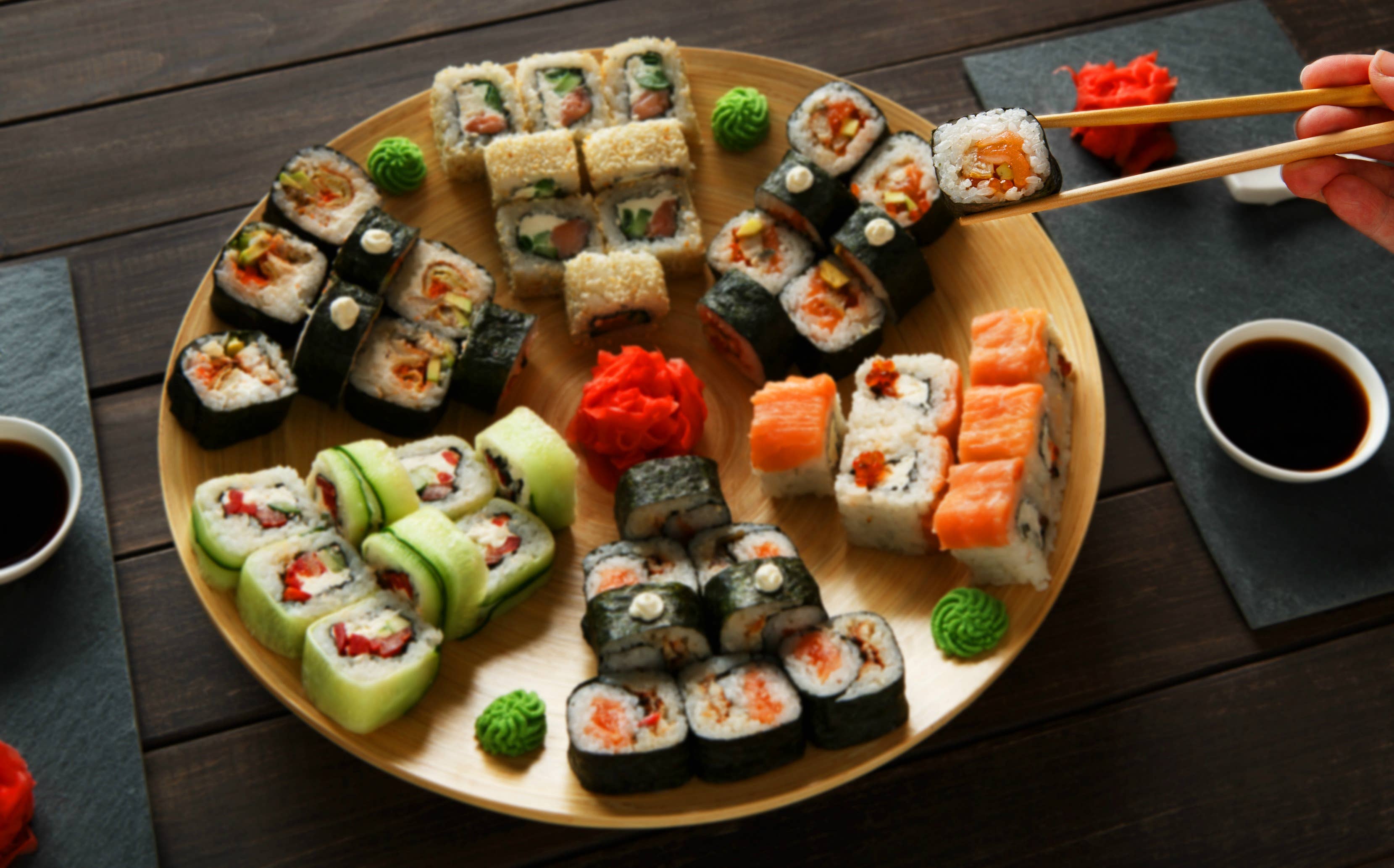
Introduction
Japan is known for its delicious cuisine, and sushi is one of the most popular dishes. However, many people wonder if it is safe to eat sushi in Japan. With concerns about food safety and radiation, it's important to know whether or not sushi is safe to eat in Japan.The History of Sushi in Japan
Sushi has been a part of Japanese culture for centuries. Originally, sushi was made by fermenting fish with rice, which helped to preserve it. Over time, sushi evolved into the form we know today, with raw fish served on top of vinegared rice. While sushi is now enjoyed all over the world, it remains a staple of Japanese cuisine.
Food Safety Regulations in Japan
Japan has some of the strictest food safety regulations in the world. The Japanese government closely monitors the production and distribution of food, including sushi. Restaurants that serve sushi must adhere to strict guidelines for food preparation and handling. This means that sushi in Japan is generally considered safe to eat.Radiation Concerns
Many people are concerned about radiation in Japan, especially after the Fukushima nuclear disaster in 2011. However, the Japanese government has implemented strict measures to monitor and control radiation levels in food. Sushi made with fish caught in Japanese waters is tested for radiation before it is sold, and any fish that exceeds the safety limit is not allowed to be sold.
Fish Quality
One of the reasons that sushi is so popular in Japan is because of the high quality of the fish. Japan has access to some of the freshest and highest quality seafood in the world. This means that sushi in Japan is often made with fish that is of a higher quality than what you might find in other countries.Mercury Levels
One concern with eating sushi is the potential for high levels of mercury in certain types of fish. However, the Japanese government has set strict limits on mercury levels in fish, and sushi restaurants are required to adhere to these limits. This means that sushi in Japan is generally safe to eat in terms of mercury levels.
Sushi Safety Tips
While sushi in Japan is generally safe to eat, there are still some precautions you can take to ensure that you are eating safe sushi. Here are a few tips:1. Choose a reputable restaurant that follows food safety guidelines.
2. Avoid sushi made with fish that is known to have high levels of mercury, such as tuna.
3. Check the color and texture of the fish - it should look and feel fresh.
4. Avoid sushi that has been sitting out for a long time.